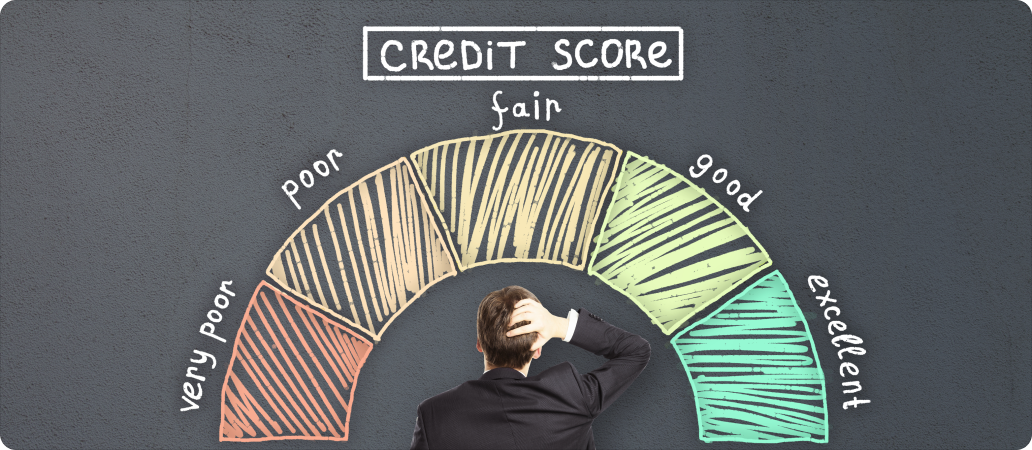Steps to Improve Your CIBIL Score for Better Loan Approvals
Do you have some big plans that could use a little financial boost? Maybe it’s getting that new car, settling into a comfy home or even expanding your business. Naturally, a loan feels like the way forward. As you explore options, you come across a key requirement that lenders focus on: your CIBIL score. This score is a key determiner of loan approval, interest rates and repayment terms. It holds the power to shape your loan journey.
Therefore, it is important to understand what your CIBIL score really means, what counts as a good score and how it can impact your chances of securing the loan you need. With a little effort to improve your score, you’ll be in a stronger position for better loan options and terms. So, let’s dive into the details.
What is a CIBIL score?
A CIBIL score is a three-digit number that indicates an individual’s creditworthiness based on their credit history and repayment behaviour. Ranging from 300 to 900, it’s calculated by the Credit Information Bureau (India) Limited (CIBIL) using data from various credit institutions. A higher score signals to lenders that you’re likely a low-risk borrower, making it easier to secure loans and favourable terms.
What is a good CIBIL score?
In India, a score of 750 or above is generally considered excellent and improves your chances of loan approval with better terms, such as lower interest rates. This range shows lenders that you have a strong repayment history and can handle credit responsibly. On the other hand, scores below 600 may be seen as risky, leading to challenges in loan approval or higher interest rates.
5 ways to improve your CIBIL score
To boost your CIBIL score effectively, here are some practical steps you can follow:
1. Analyze your current credit report
Start by obtaining your latest credit report. Regularly reviewing it helps you spot any discrepancies or unusual activities that may be negatively impacting your score. Addressing these issues promptly is a proactive way to keep your score healthy and avoid future problems.
2. Make a request to rectify errors if any
If you find any inaccuracies—such as incorrect loan records, late payments that were actually paid on time or accounts not yours—file a correction request with CIBIL. These errors can significantly lower your score, so rectifying them is essential for an accurate representation of your creditworthiness.
3. Make timely payments for the outstanding debts
Ensure all debt payments, like EMIs and credit card bills, are made on or before the due date. Timely payments account for a large portion of your score and demonstrate responsible credit management to lenders.
4. Keep the frequency of new applications minimal
Frequent applications for new credit can signal a high reliance on borrowed funds, which may impact your score. By applying only when necessary, you demonstrate stable financial management. This approach reassures lenders of your ability to handle credit responsibly, which can help maintain or improve your credit score.
5. Have a good credit mix
A good balance between secured loans (like a home loan) and unsecured credit (like credit cards) improves your credit score. This credit diversity shows lenders that you can manage different credit types responsibly, increasing their trust in your financial habits.
Conclusion
It is important to note that if you have a co-applicant on any loan, their credit behaviour can directly impact your CIBIL score as well. Any missed payments or defaults by them can reflect on your credit profile, potentially lowering your score. Managing these accounts carefully, staying updated on all payments and communicating with co-applicants about timely payments can help you maintain a strong credit profile. Regularly monitoring your credit report for such joint accounts is essential to ensure your score remains unaffected by external factors. Taking these extra steps can safeguard your financial health and boost your CIBIL score over time.



